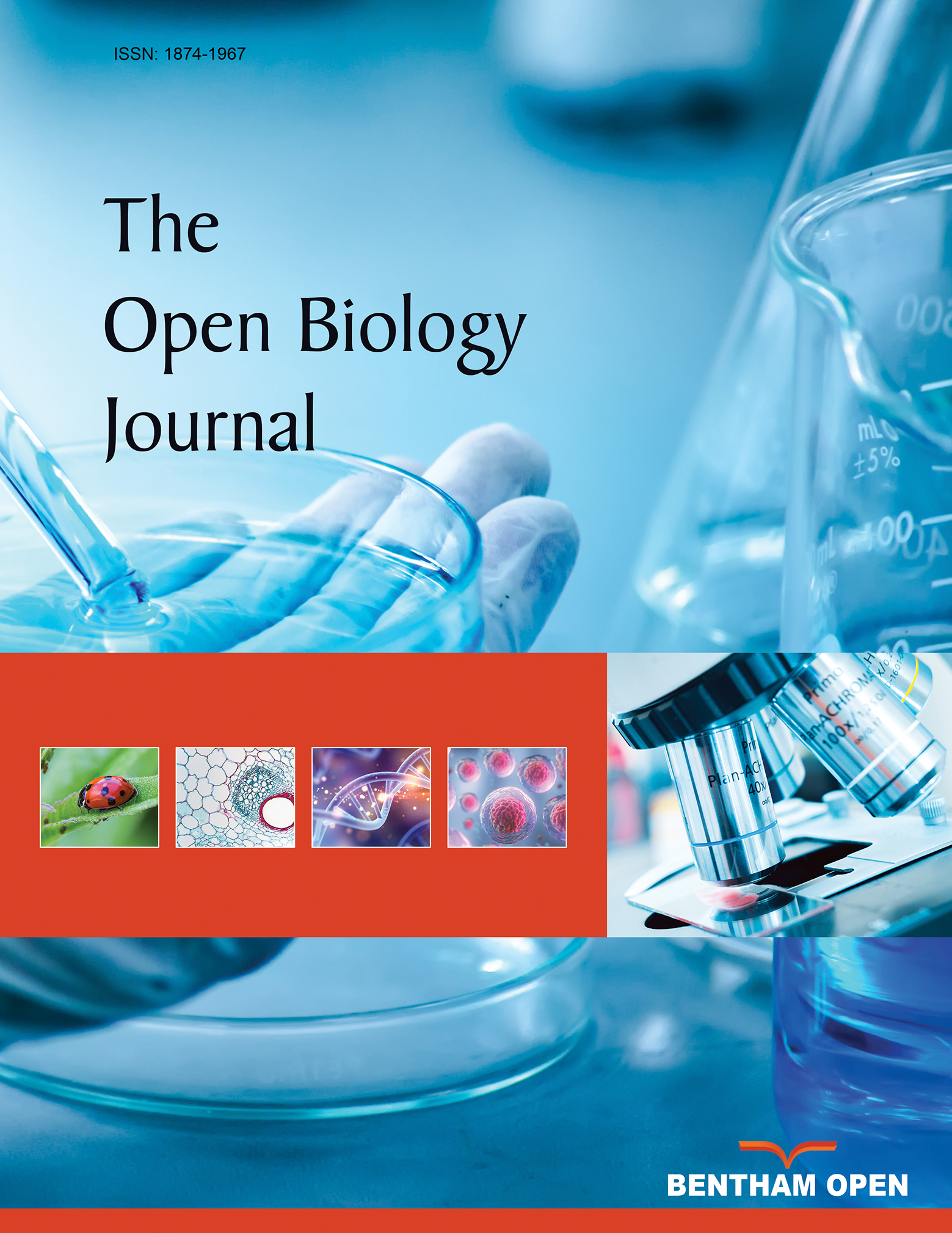All published articles of this journal are available on ScienceDirect.
Protein Kinase-Regulated Inwardly Rectifying Anion and Organic Osmolyte Channels in Malaria-Infected Erythrocytes
Abstract
The intraerythrocytic amplification of the malaria parasite Plasmodium falciparum induces new pathways of solute permeability in the host cell's membrane. These pathways play a pivotal role in parasite development by supplying the parasite with nutrients, disposing of the parasite's metabolic waste and organic osmolytes, and adapting the host's electrolyte composition to the parasite's needs. During the last ten years, electrophysiological investigations strongly supported earlier evidence obtained by transport and pharmacological studies that this new permeability pathway, which is induced by the parasite in the host cell membrane, is constituted by anion-selective channels. This review surveys the evidences acquired using the patch-clamp technique and discuss the hypothesis that protein kinase A is an effector of the signalling pathway leading to the activation of endogenous channels upon infection.


